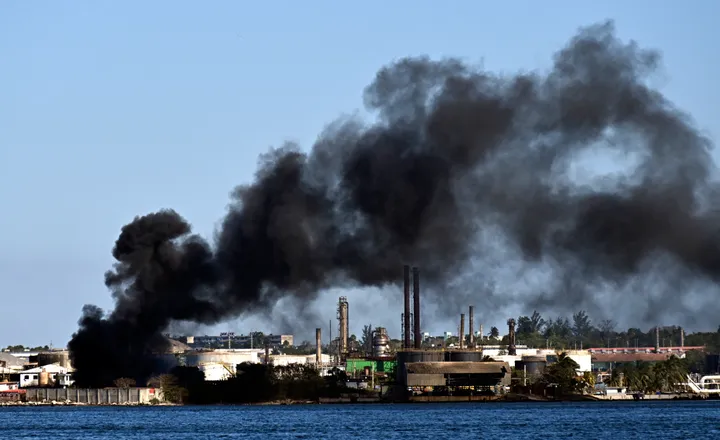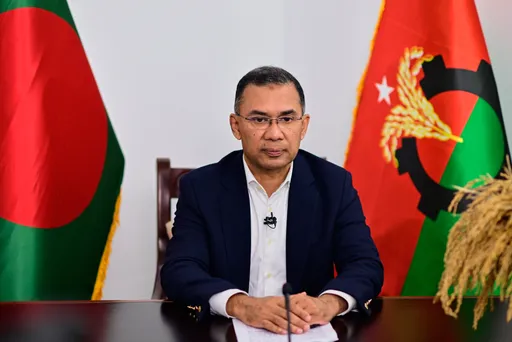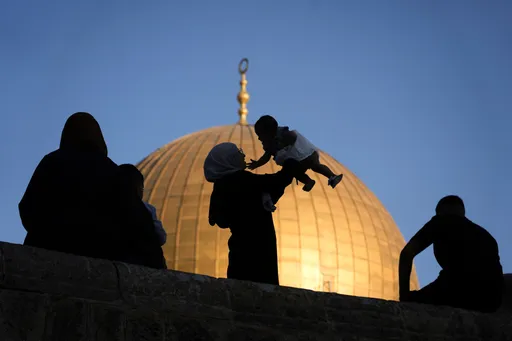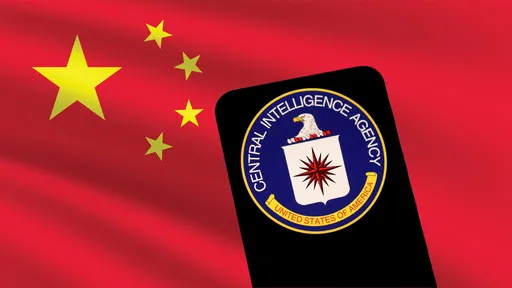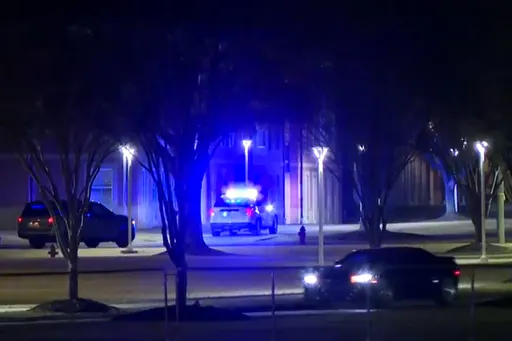Kosovo has closed its biggest border crossing with Serbia after protesters blocked it on the Serbian side to support their ethnic kin in Kosovo in refusing to recognise the country's independence.
Kosovo's Foreign Ministry announced on Wednesday that the Merdare crossing had been closed since midnight, saying: "If you have already entered Serbia then you have to use other border crossings ... or go through North Macedonia."
Pristina's main airport was also closed on Tuesday morning over a bomb threat, Kosovo police said in a statement. Police did not say if it was related to the recent tensions.
Kosovan Interior Minister Xhelal Svecla said on Tuesday Serbia, under the influence of Russia, was aiming to destabilise Kosovo.
Serbia also denies that it is trying to destabilise its neighbour and says it just wants to protect its minority there.
The Kremlin on Wednesday also denied the Kosovan accusations but said it supported Belgrade. "Serbia is a sovereign country and it is absolutely wrong to look for Russia's destructive influence here," Kremlin spokesperson Dmitry Peskov said.
Crossing blocked
Serbs in Serbia used a truck and tractors on Tuesday to create the latest roadblock, close to the Merdare crossing on Kosovo's eastern border, Belgrade-based media reported.
The government in Pristina has asked NATO's peacekeeping force for the country, KFOR, to clear the barricades. But KFOR has no authority to act on Serbian soil.
The Merdare entry point is Kosovo's most important for road freight, as well as complicating the journeys of Kosovars working elsewhere in Europe from returning home for holidays.
With two smaller crossings on the Serbian border in the north closed since December 10, only three entry points between the two countries remain open.
Serbia also put its troops on the highest alert on Monday.
Late on Tuesday, Serbian President Aleksandar Vucic, who said Serbia was continuing to fight for peace and seek a compromise, inspected the troops close to the border.
READ MORE:Kosovo accuses Serbia of trying to destabilise smallest country in Balkans
Growing tensions
Tensions between Belgrade and Pristina have been running high since last month when representatives of ethnic Serbs in the north of Kosovo left state institutions including the police and judiciary over the Kosovo government's decision to replace Serbian-issued car licence plates.
For over 20 years, Kosovo has been a source of tension between the West which backed its independence and Russia which supports Serbia in its efforts to block the country's membership in international organisations including the United Nations.
Since December 10, Serbs in northern Kosovo have exchanged fire with police and erected more than 10 roadblocks in and around Mitrovica. Their action followed the arrest of a former Serb policeman accused of assaulting serving police officers.
Serbian Defence Minister, Milos Vucevic, said Vucic was in talks with the so-called Quint group of the United States, Italy, France, Germany and Britain about the current tensions can be resolved.
Around 50,000 Serbs living in ethnically divided northern Kosovo refuse to recognise the government in Pristina or the status of Kosovo as a country separate from Serbia. They have the support of many Serbs in Serbia and its government.
Albanian-majority Kosovo declared independence from Serbia in 2008 with the backing of the West, following a 1998-99 war in which NATO intervened to protect ethnic Albanian citizens.
READ MORE: Serbian army ordered for combat readiness: defence minister




